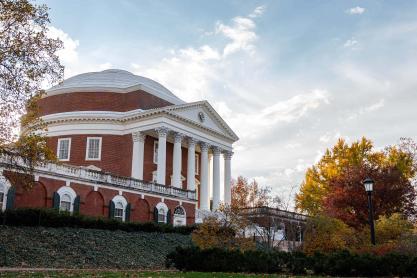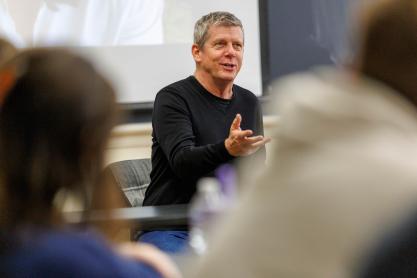For Americans wary of COVID-19 vaccine mandates, like the sweeping requirements President Joe Biden announced Sept. 9, 2021, it seems there are plenty of leaders offering ways to get exemptions – especially religious ones.
No major organized religious group has officially discouraged the vaccine, and many, like the Catholic Church, have explicitly encouraged them. Yet pastors from New York to California have offered letters to help their parishioners – or sometimes anyone who asks – avoid the shots.
These developments point to deep confusion over how to win a religious exemption. So what are they, and is the government even required to offer the exemptions in the first place?
Many schools, businesses and governments requiring vaccination have offered religious exemptions. Some are loath to challenge people’s claims that getting the shot goes against their beliefs for fear of being sued, but organizations have come up with a variety of ways to assess claimants’ sincerity.
But the legal basis of Americans’ supposed right to a religious exemption to vaccination is less clear than such policies’ popularity would suggest.
As a lawyer and scholar who focuses on religious liberties, I have supported religious exemptions for a baker who refused to create a cake for a same-sex wedding, a family-owned business that refused to provide emergency contraception to its employees, a Muslim prisoner who was obligated to grow a beard and many others.
Even so, I believe that under the general law of religious liberty – including the Constitution and state and federal religious freedom laws – the government has an easy case to refuse religious exemptions from vaccines against infectious disease.
Proving ‘Interest’
There are a variety of ways to present a religious liberty claim, each with a different set of rules.
The most stringent standard is that the government should not require people to violate their conscience without a compelling reason.
The Supreme Court has never been clear about the full range of what counts as “compelling,” but some cases are clear. The government has a compelling interest in preventing significant threats to other people’s health, and especially so in a pandemic. The unvaccinated endanger people who are immunosuppressed or cannot be vaccinated because of their age or any other medical reason. The unvaccinated also endanger people who are vaccinated because no vaccination is 100% effective, as is evident from the number of breakthrough COVID-19 infections in the U.S.
Until last month, no state or federal court had ever granted a religious exemption when the government had to demonstrate compelling interest in requiring a vaccine. Now, a federal judge has granted a temporary restraining order to prevent Western Michigan University, a public school, from requiring its student-athletes to be vaccinated. This is a preliminary opinion and seems unlikely to stand up through further proceedings and appeal, since every judge to encounter such an issue in the past has ruled the other way.
The Supreme Court’s current interpretation of the Constitution does not always require a compelling interest.
Under the current law of the Constitution, people have no right to a religious exemption from a rule unless there is also a secular exception or gap in coverage that would undermine the government’s interests just as much. If there isn’t such a secular exception, the government doesn’t have to show any reason at all to refuse religious exemptions.
Usually the only secular exception to vaccine requirements is for “medical contraindications,” meaning that a vaccine would harm the recipient – for example, if someone is allergic to an ingredient in the vaccine.
But these medical exceptions don’t undermine the government’s interest in saving lives, preventing serious illness or preserving hospital capacity. By avoiding medical complications, those exceptions actually serve the government’s interests.
Offering Exemptions
In some states, however, the situation is more complicated. Most states explicitly authorize religious exemptions to vaccination, and sometimes philosophical exemptions as well – regardless of the government’s compelling interests.
Those state laws could not protect anyone from a federal vaccine mandate, and many of them only apply to certain groups – usually schoolchildren. But they could protect people from mandates from their state or local government.










